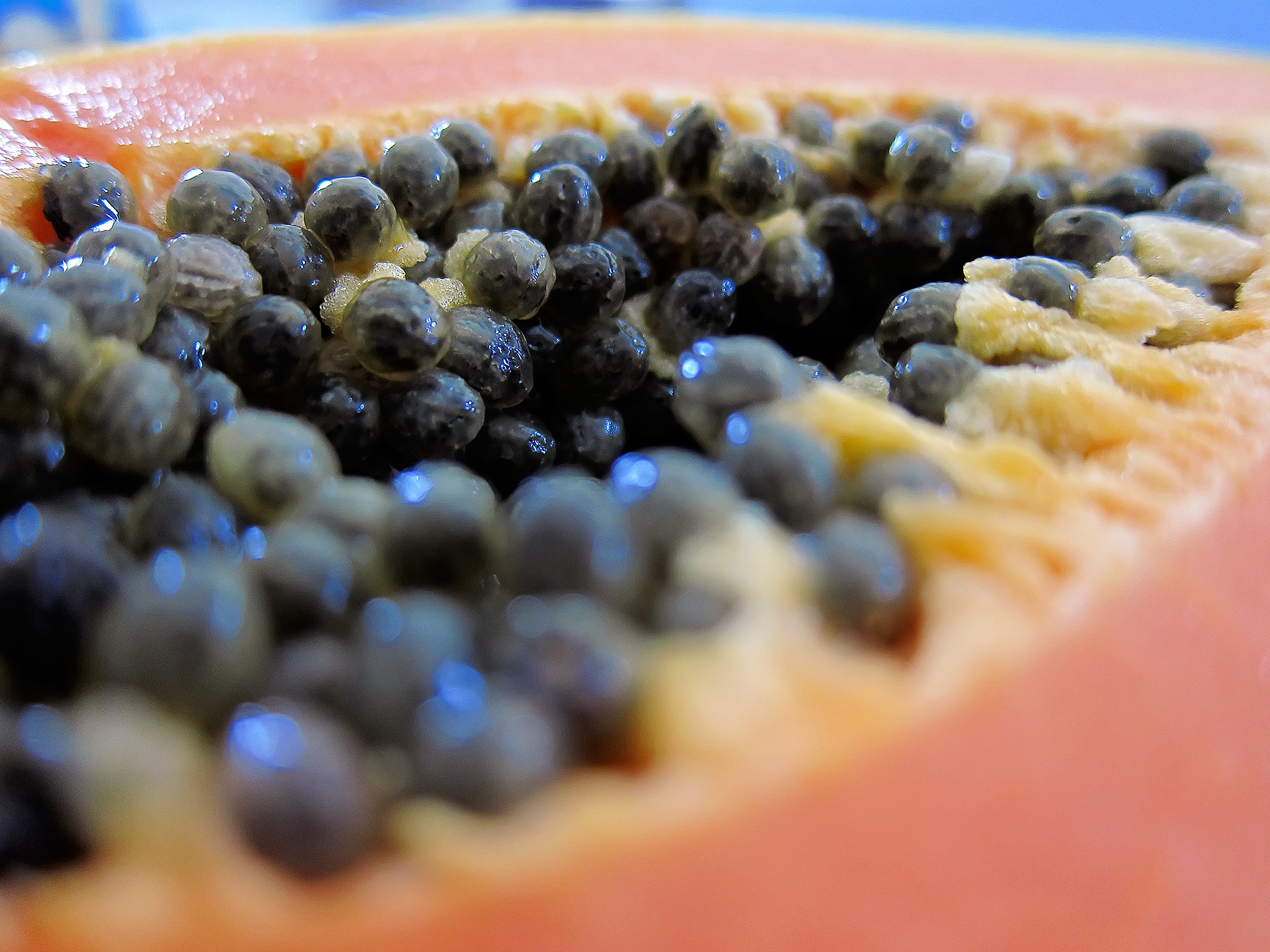We have all been there: it’s the morning after you ate a whole box of pizza and you feel like you have a boulder inhabiting the inside of your colon. To your demise, you go to the bathroom and the rock won’t budge— what do you do now? Constipation is a common malady that most people on this planet experience numerous times in their lives. There are various over the counter medications that help soften stool and get your bowels moving, but unfortunately sometimes these drugs come with stomach cramps and dehydration. Fortunately for you, there are other more natural ways to relieve your bowel; some remedies may even be in your pantry right now.
Rejected by kids, adored by brunch enthusiasts, papaya is a fruit that many of us do not realize can be used to treat constipation. Papaya can keep bowel movements regular by softening the stool when one is constipated. According to the Livestrong foundation, papaya works to promote digestive health with its many digestive enzymes, such as papain, and large amounts of Vitamin C. Foods high in magnesium, such as pineapples, bananas, pears, figs, and prunes, are also successful in softening stool.
While eating fruits rich in fiber and magnesium is useful, staying hydrated by drinking plenty of water is also very important when battling constipation. If you are dehydrated, even with plenty of fiber moving through your digestive system, you run the risk of getting backed up. Imagine being in a drought with 20 gallons of water left in your emergency supply tank; you must act cautiously and only use the water for extremely necessary things such as drinking it. Similarly, when your body is dehydrated it cannot afford to lose much water to the digestive tract and thus constipation ensues.
One last home remedy that seems to do the trick for many people is a good old cup of Joe. A cup of coffee in the morning can give you just the right kick of energy to start your day off with a spring. It can also, however, assist your intestinal muscles to get a move on and relieve you from a previous day of poor dietary choices. An article in the Gut Biomedical Journal suggests that caffeine, along with other chemicals in the coffee, can help initiate colonic muscle contractions which help increase peristaltic movement: the repetition of contraction and relaxation throughout the intestinal tract. The increased peristaltic movement not only gets stool moving but it also decreases the absorption of water in the large intestine, making the stool softer and easier to pass.
Hopefully, next time you find yourself in this bothersome predicament, instead of taking over the counter laxatives, you can opt to reach for a bowl of fruit salad filled with papaya, pears, and pineapple along with a cup of coffee to make the solution to your situation more enjoyable.
Feature Image Source: Kaige










